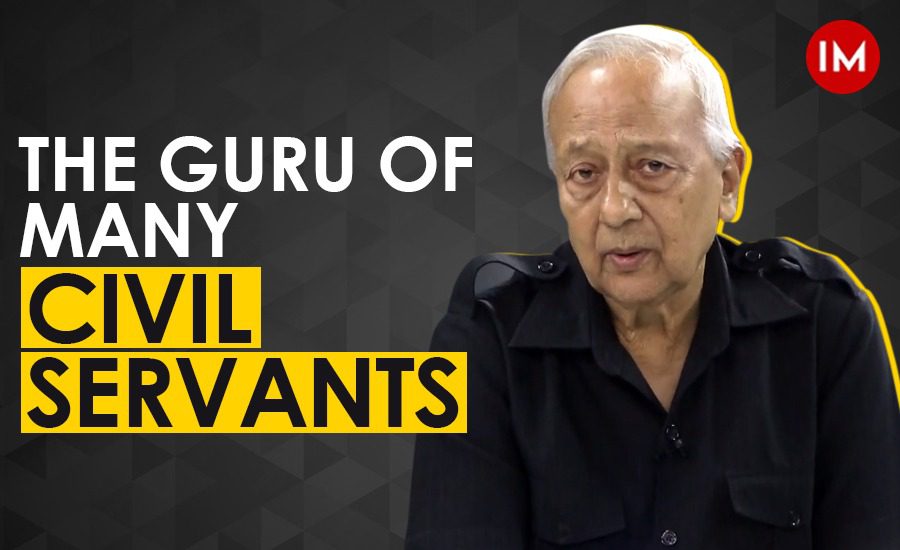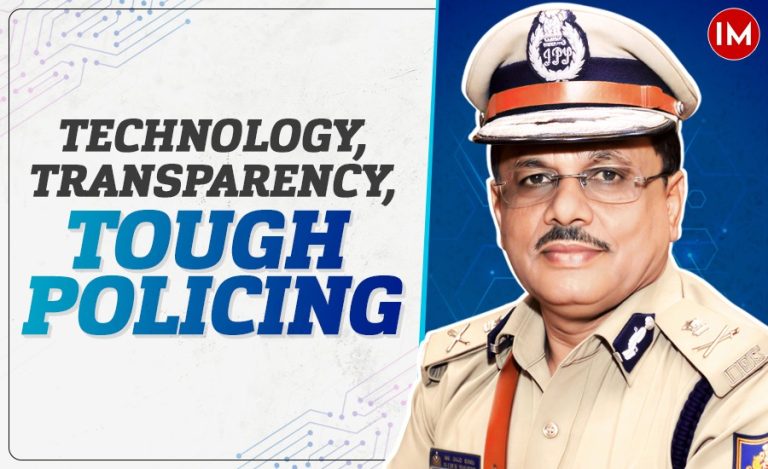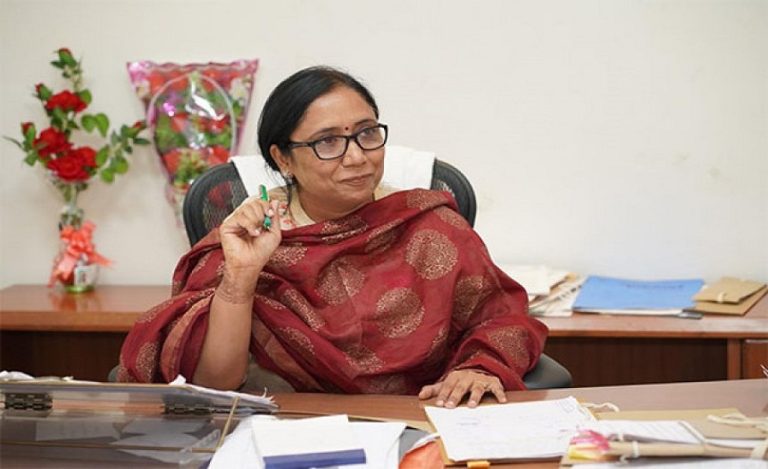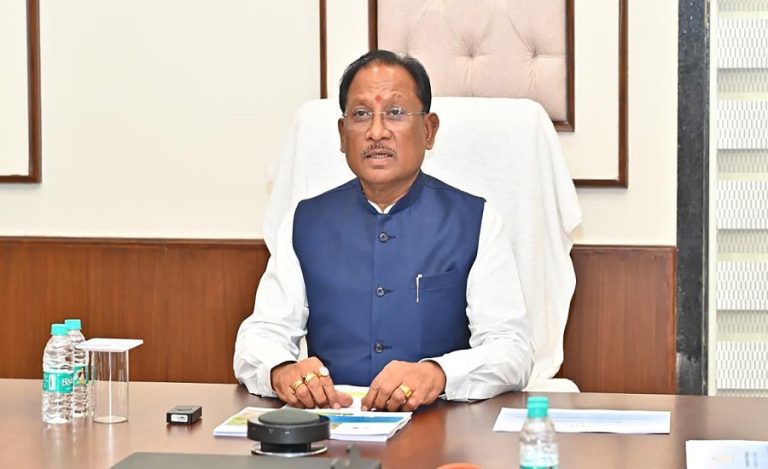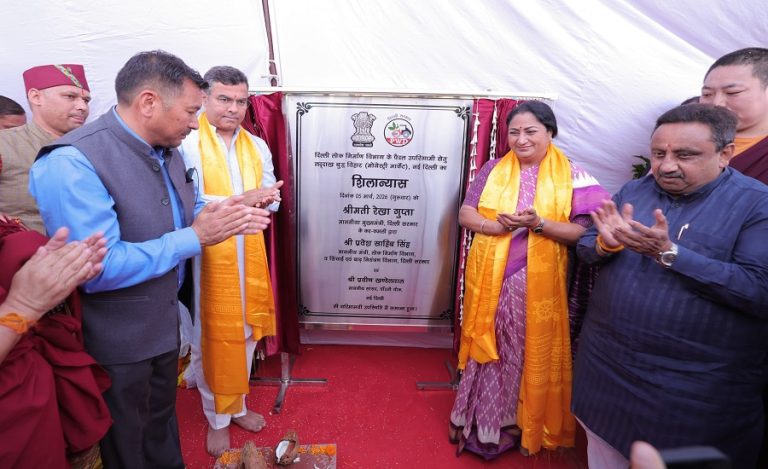The 1965-batch IAS officer Mr Yogendra Narain occupied almost every post a bureaucrat may ever aspire for and has excelled in every position held by him. He was the first chairman of Greater NOIDA Authority. He was Principal Secretary to Chief Minister, Principal Secretary to Governor and Chief Secretary of Uttar Pradesh. He was also the first chairman of National Highway Authority of India (NHAI) before taking over as Surface Transport Secretary and Defence Secretary at the Centre. Post-retirement also he was Secretary General of Rajya Sabha.
He served during an emergency, saw Janata Party rule, Uttarakhand agitation, Ram Janmabhoomi movement and Mandal Commission agitation besides the Kargil war from very close quarters. He served governments run by almost every party – from Congress, Samajwadi Party, BSP to the BJP. Yet, his career spanning 37-years remains unblemished. In a free-wheeling interview, he narrated a number of anecdotes on how bureaucrats should deal with politicians and how they can withstand political pressure while maintaining their course.
MOST CHALLENGING JOB
He thinks Chief Secretary’s job is most challenging because he has to deal with politicians every day and night while shielding his officers from political pressure. However, a strong chief minister makes things easy for bureaucracy.
Uttar Pradesh’s Chief Minister Kalyan Singh, when he was Chief Secretary was one such person. A District Magistrate was abused by a ruling party MLA on phone when he refused to follow his orders for something not permissible in rules. Mr Yogendra Narain brought it to the Chief Minister’s notice. He immediately took the MLA to task on phone asking him to apologise to the DM lest he be denied ticket in next elections.
TRANSFER IS NO PUNISHMENT
But it happened to another Chief Secretary when a different Chief Minister asked him to get boundary wall of a private school constructed with government funds. He refused to comply and was transferred out. He went on deputation to the centre and got a much better posting as member of Union Public Service Commission (UPSC).
A civil servant has to create his own reputation. If a bureaucrat has a reputation of a no-nonsense and upright person, no politician likes to fight with him. He says a civil servant may be upright and still get all important positions. If you are honest, nobody will ask you to do anything illegal. Politicians also want efficient officers.
HAVE YOUR OWN STRATEGY
But, if a minister or chief minister still pressurises a bureaucrat for something not legal, bureaucrats also know which strategy to adopt in tackling such things. “We would delay the file or send it for the opinion of the Law Secretary or the Finance Secretary”, says the erudite officer.
Mr Narain also says that today India is fifth largest economy in the world, infrastructure is growing, poverty ratio has come down from 35 per cent to 17 per cent, its all became possible because of a synergy between civil servants and political masters. He believes both of them want welfare of the state.

